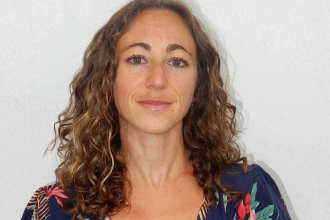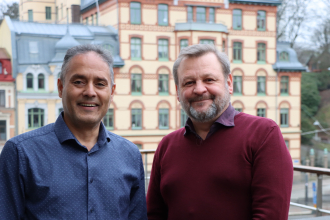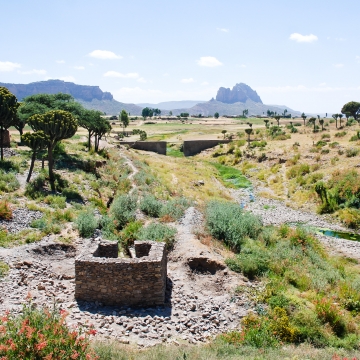Economic instruments to incentivise substitution of chemicals of concern – a review
Inclusive Green Economy Policy Review for Rwanda
In order to achieve Agenda 2030, we need to get the economic incentives right and make sure to leave no one behind. In other words, we need a transformation towards an inclusive green economy. Such transformation requires increased knowledge of, and capacity to apply, policy instruments such as bans, taxes, fees, subsidies, permits, and refund systems that generate incentives for an inclusive green economy. The Inclusive Green Economy (IGE) Program aims to strengthen the country and regional capacity of green economy transformation in Ethiopia, Kenya, Rwanda, Tanzania, and Uganda.

EfD Central America researcher talks about climate change in ECO TV
Bárbara Viguera, a junior researcher of EfD Central America, was interviewed by the journalist Lisseth Alva about the impacts of climate change, during the one-hour television program called ECO TV…

IDRC met with EfD to finalize research agenda for the Global South
EfD, along with partners, has been working intensely for a year and a half to develop a research agenda that will support a low-carbon transition in the Global South. Bhim Adhikari, Senior Program…
Ecosystem Services Accounting for Development (ESAforD) Project
Valuing pollination, water quality and urban green spaces The ESAfD project conducts empirical valuation studies regarding water purification services provided by forests, pollination services for
Pagination
- Previous page
- Page 8
- Next page

